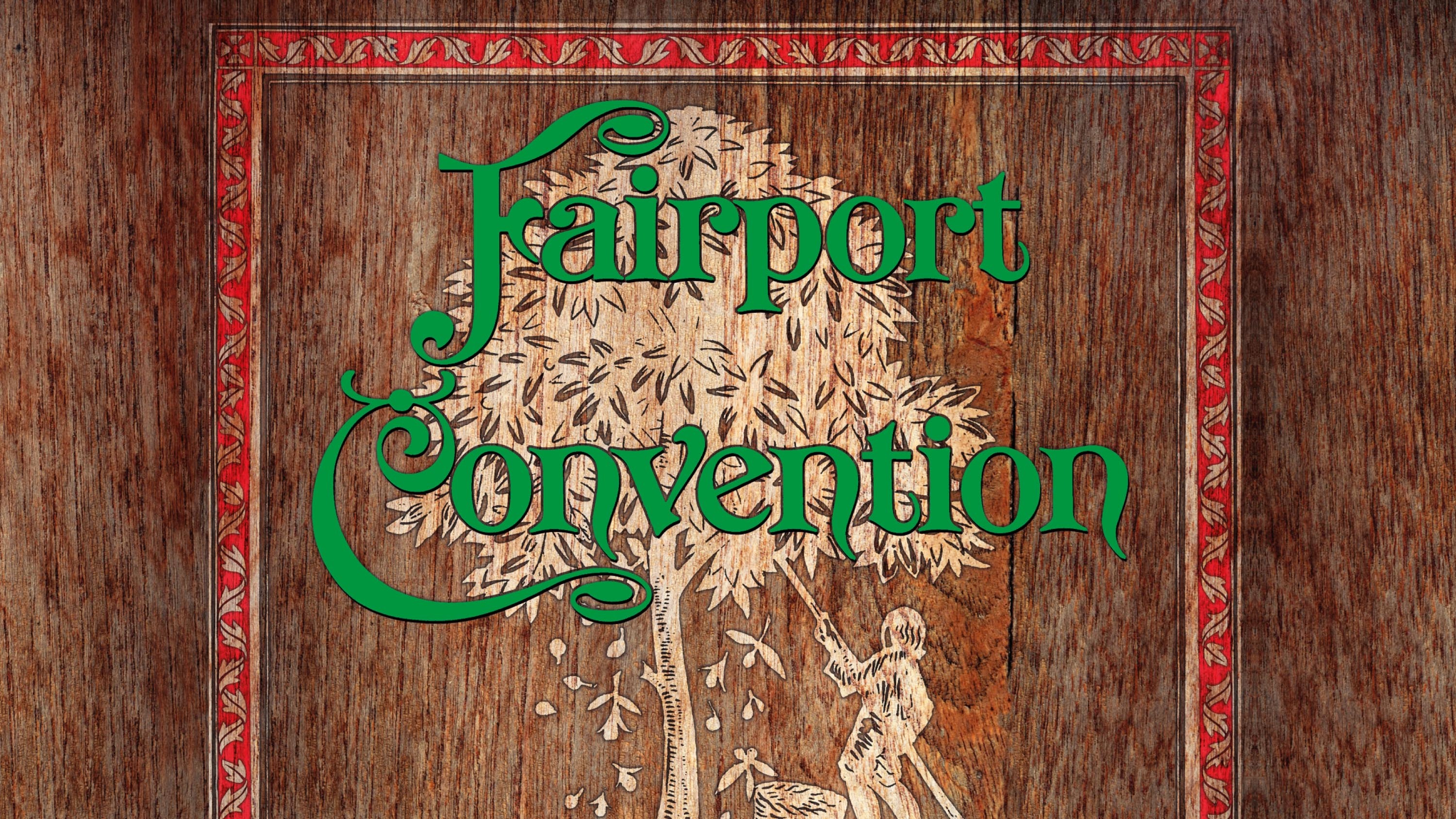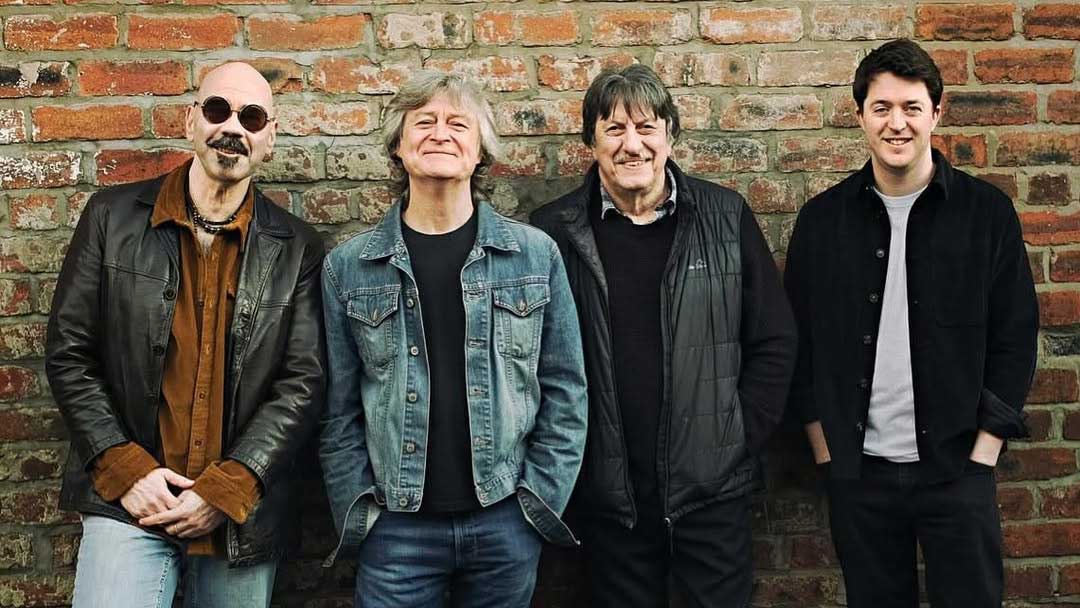You can trust Louder
There are 55 unreleased tracks here to tempt owners of the many previous Fairport box sets, and 2010’s Sandy Denny monument. What becomes clear, as Denny wanders in and out of the picture, is how she and Fairport defined each other.
Though 1969’s Liege & softwareuiphraseguid=“8dc85025-1617-40ef-be0e-9d7e2aaa129d”>Lief was the template for English folk rock, Unhalfbricking, released six months before, finds the band’s own material at its best. Thompson’s delicately mournful, observational mood piece Genesis Hall is bettered by an alternative take of Denny’s cool dissection of a dead relationship, Autopsy. With a funk pulse veering near bossa nova, its gauzy substance and organic shifts in tone and rhythm are a miraculous group moment worthy of Fairport’s idols The Band.
A version of Dylan’s Percy’s Song, meanwhile, finds Denny at her piercing, humane best, evincing the song’s sad stand against injustice and gorgeous melody. 1970’s live Sloth includes a wailing Thompson solo, before he followed Denny to the exit.
The 19th-century concept album Babbacombe Lee was a spirited response to life without Fairport’s most charismatic talents. 1973’s Rosie, though, was sterile country rock, and the later discs, heavy on unreleased oddments, are a bumpy ride.
Latter-day Fairporter Trevor Lucas, also Denny’s husband, helped lure her back for Live Convention (1974) and Rising For The Moon (1975). The full, beautiful ache of White Dress finds her undimmed.
Fairport’s greatest importance is popularising a tremendous folk repertoire. Their greatest music, though, serves to catalyse Sandy Denny’s otherwise wayward genius.
Sign up below to get the latest from Classic Rock, plus exclusive special offers, direct to your inbox!
Nick Hasted writes about film, music, books and comics for Classic Rock, The Independent, Uncut, Jazzwise and The Arts Desk. He has published three books: The Dark Story of Eminem (2002), You Really Got Me: The Story of The Kinks (2011), and Jack White: How He Built An Empire From The Blues (2016).


